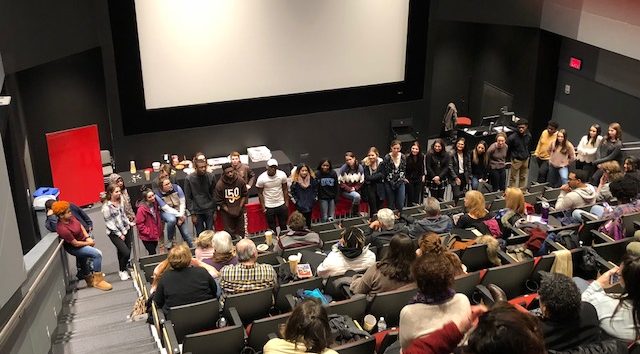Thin Blue Line is a documentary that centers around the story of a man who was egregiously wrongly convicted of the crime of murdering a police officer in Dallas County Texas in 1976. The documentary to me was so great because it didn’t attempt to artificially increase intrigue, it allowed the story to speak for itself. At first the film to me was a little dry but as I watched I became dumbfounded at the profound lack of humanity that the prosecution presented throughout the case. The documentary was a great watch for new documentarians because every interview was important to the film; they carried the documentary forward. The B-roll didn’t age well but the human emotion and tension produced by such a story was completely and utterly captivating. As Bernard referred to in her book Documentary and Storytelling The film did everything a good documentary does, it had a tangible goal (to free a wrongly convicted man), was true to the story, made me feel something, and had a defined spine and theme. Though Thin Blue Line was probably more narrative driven than character driven the people include in the doc all played important roles in carrying the film forward, there weren’t any wasted interviews. Thin Blue Line is a great documentary and I learned a lot from watching.
